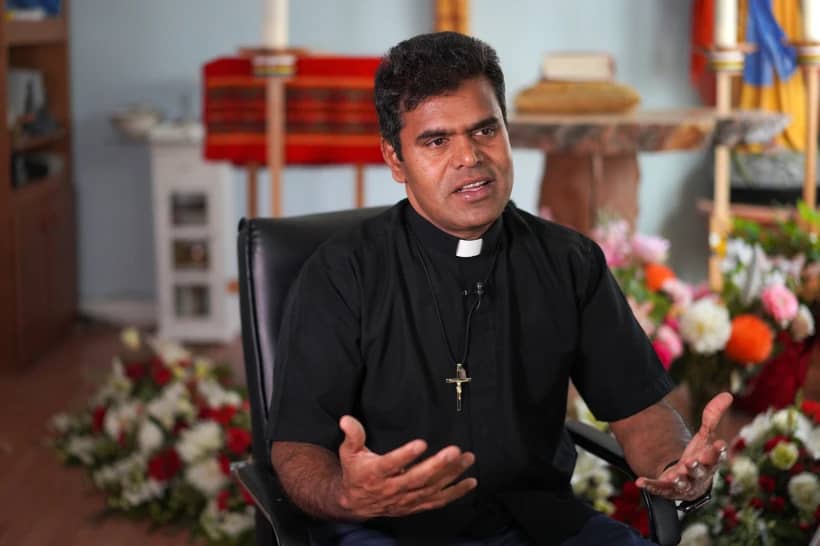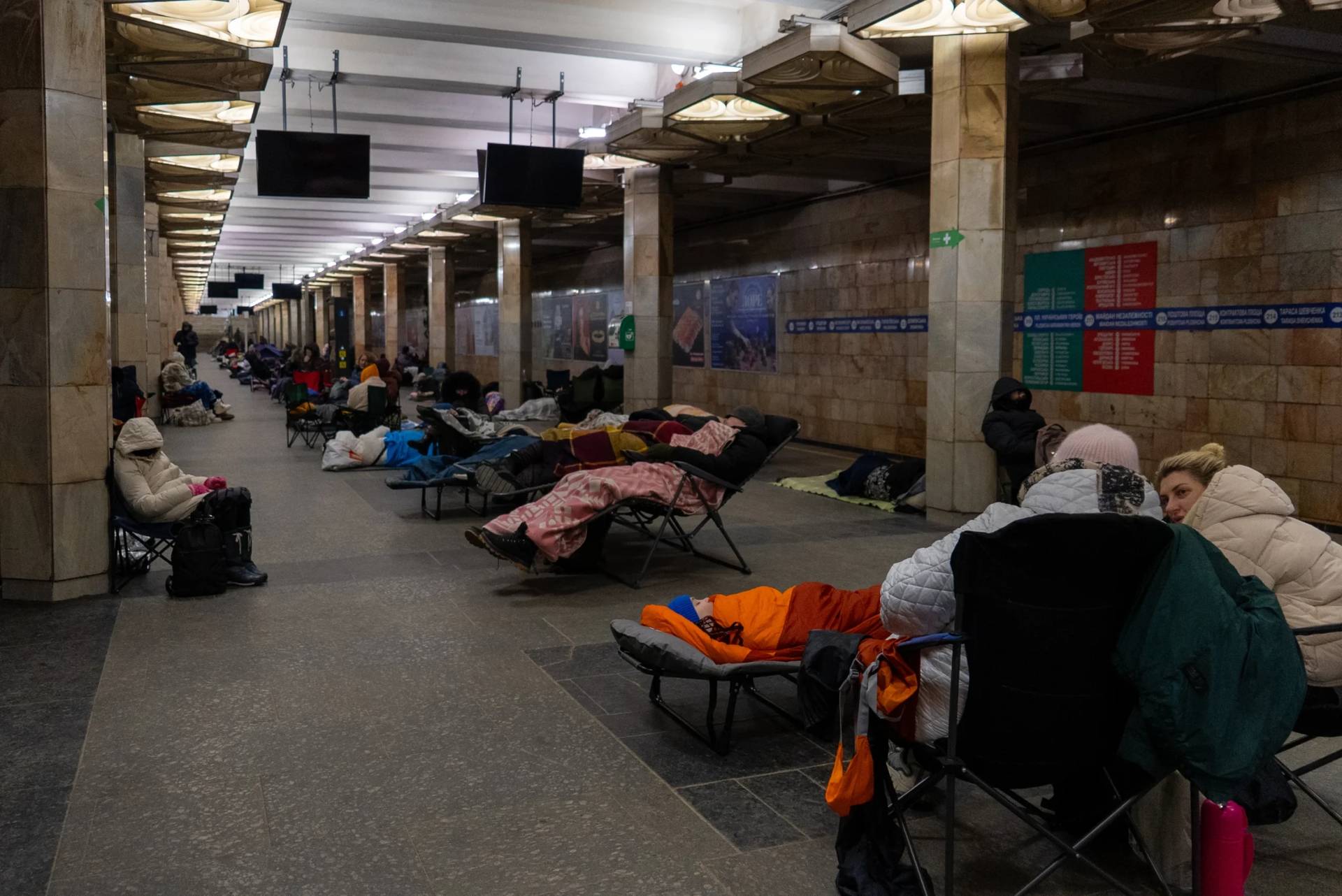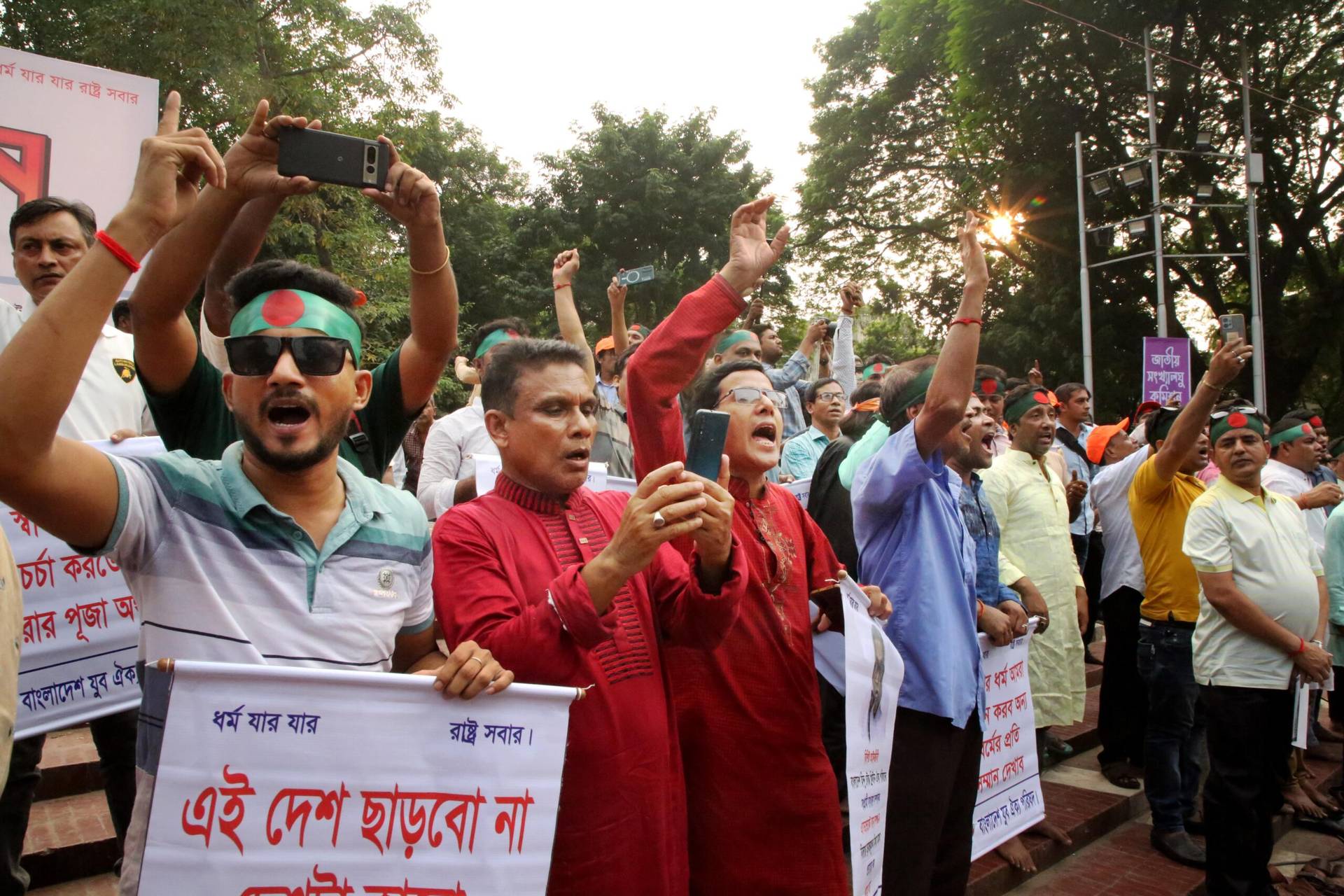ROME – Despite news reports to the contrary, a Chilean court denied Monday that it’s reached a conclusion in favor of three victims of clerical sexual abuse who are suing the Archdiocese of Santiago for covering up abuses by former priest Fernando Karadima.
“The cause is still being studied, we haven’t voted on it yet,” said Judge Miguel Vázquez, the President of the Court of Appeals of Santiago that is hearing the case, in an Oct. 22 statement to El Mercurio.
The original report, published on Sunday by La Tercera and welcomed by the survivors, had the appeals court ordering the Archidiocese of Santiago to pay $600,000 to three victims of the man who was removed from the clerical state earlier this month by Pope Francis, after he had been found guilty by the Vatican of sexually abusing minors back in 2011.
RELATED: Chile survivors win lawsuit accusing 2 cardinals of cover-up
The lawsuit against the archdiocese was rejected by a lower court in March 2017. The plaintiffs appealed, and the case was heard by a Chilean appellate court. The evidence that could turn the case around in favor of the victims was an email written in 2009 by Errázuriz to the former papal representative in Chile, Archbishop Giuseppe Pinto.
Vázquez said that in upcoming days he’ll meet with the other judges of the court to determine if they accept or reject the judicial action begun by James Hamilton, Juan Carlos Cruz and José Andrés Murillo.
After the report from El Mercurio, the three survivors released a statement saying: “We don’t know what’s going on, but with what’s at stake and the powers involved, nothing surprises us at this point.”
The survivors’ lawyer, Juan Pablo Hermosilla, said the case is “where it was before. Until we have a sentence that is signed by the three ministers and notified to both sides, the rest can be good information, good journalistic data, but only that. We have to wait for the sentence.”
The three survivors were welcomed by Francis in the Vatican earlier this year, weeks before he summoned the entire Chilean bishops’ conference to Rome. At the end of a three-day meeting, every bishop presented his resignation, and the pontiff has accepted seven of them.
Different accounts, including from the pope himself, have signaled that Ezzati’s resignation will be accepted as soon as Francis finds a replacement.
In the 2009 email, Errázuriz, who sits on the council of nine cardinals who advise the pope on Church governance (although he was absent in the last meeting and is expected not to attend another meeting) – acknowledged that he didn’t ask his diocesan promotor of justice to interrogate Karadima.
“The truth is this: It was necessary to ask for the intervention of the promotor of justice, according to the episcopal conference,” said the email, which was leaked to local media.
“The presentation of the allegations to the promotor of justice normally calms the aggression of the accusers,” the email says. “With respect to F. Karadima I didn’t ask the promotor to interrogate him; I only asked for his opinion. He considered everything absolutely implausible. Since this was about facts that had prescribed [moved past the statute of limitations], I closed the investigation. That’s how I chose to protect them, conscious that the way I acted, if the accusers at some point brought the case to the media, it would turn against me.”














